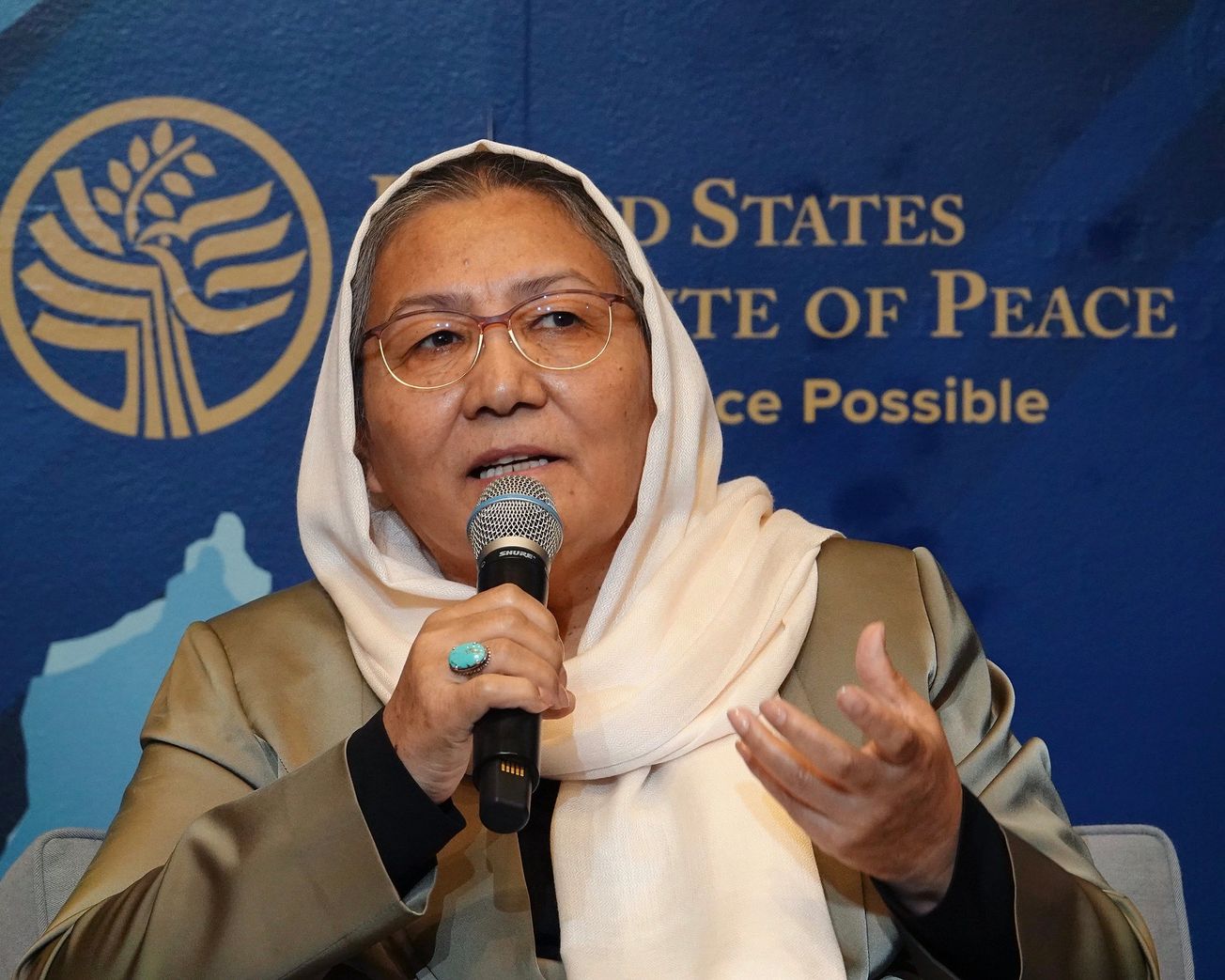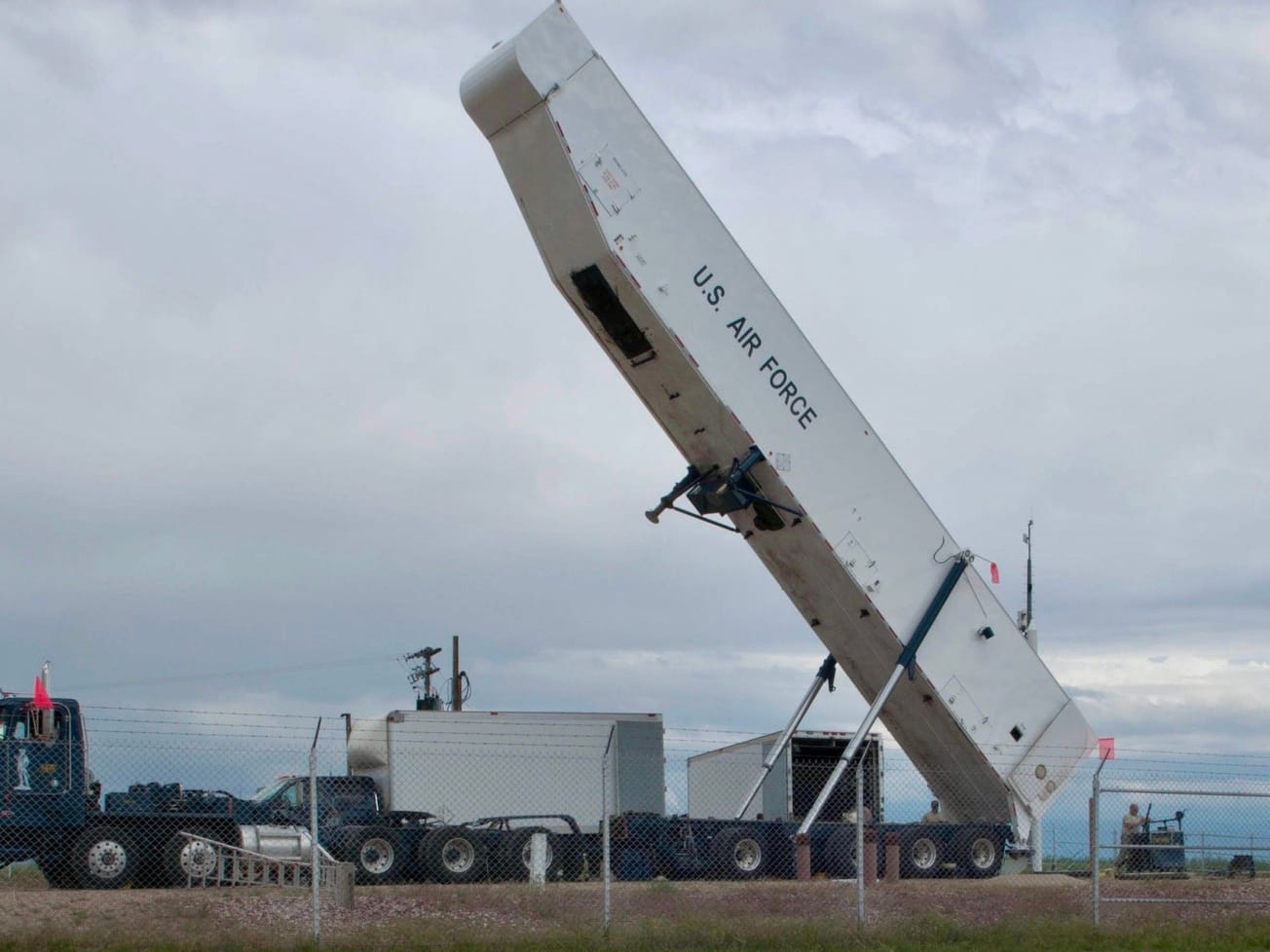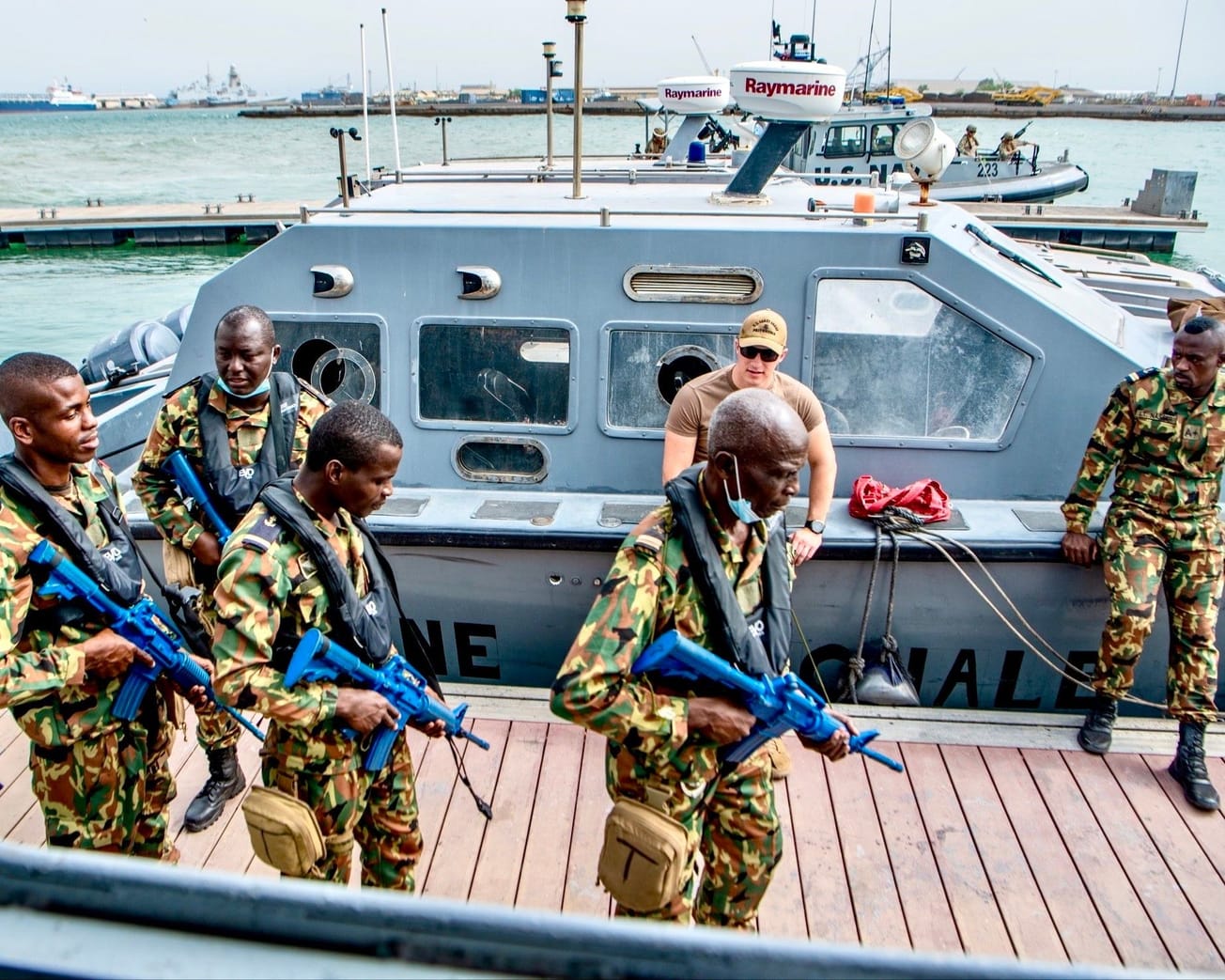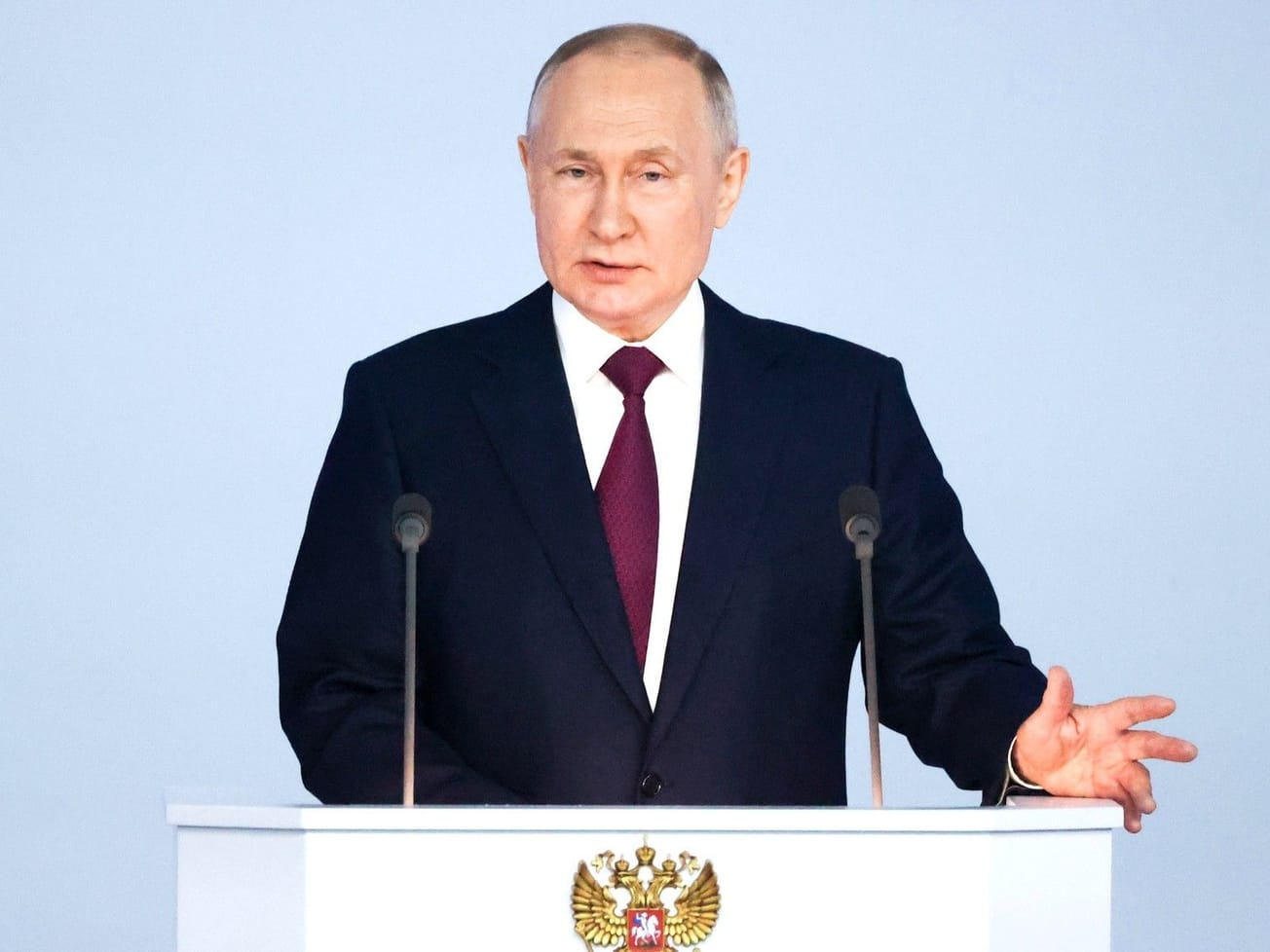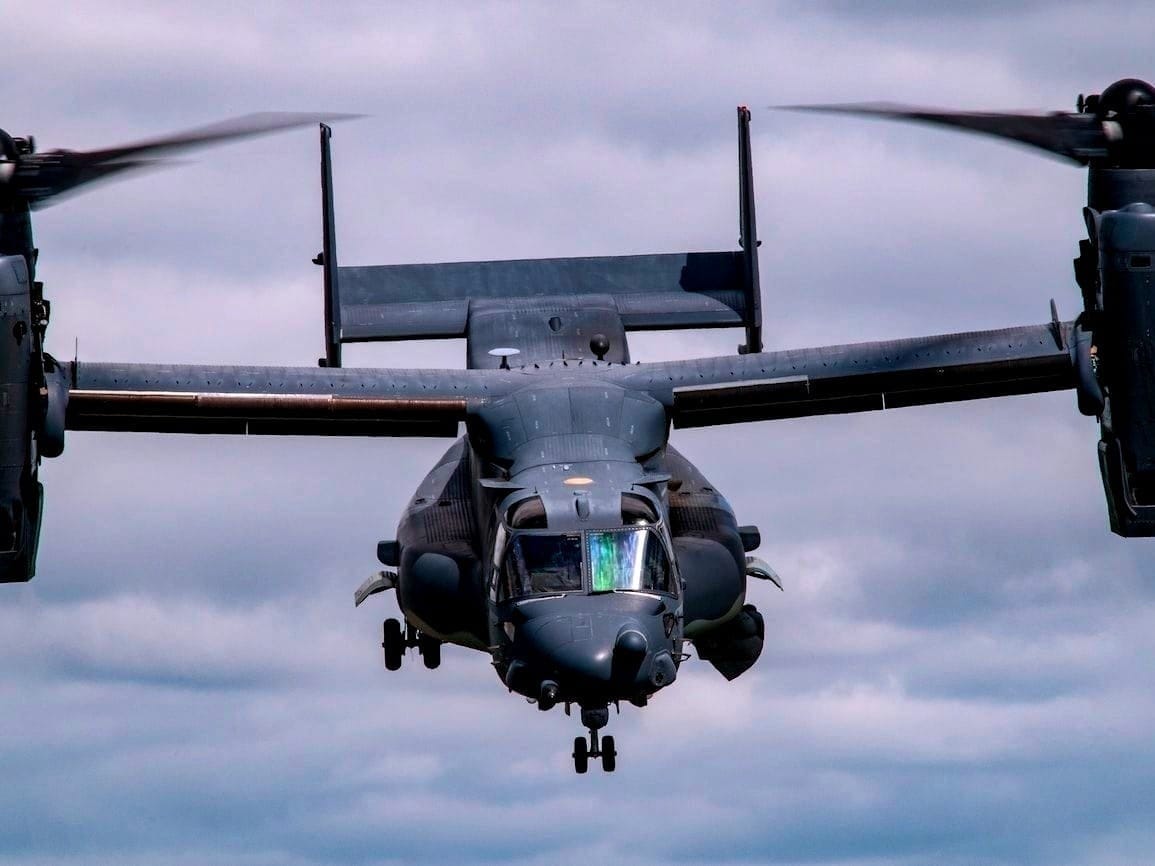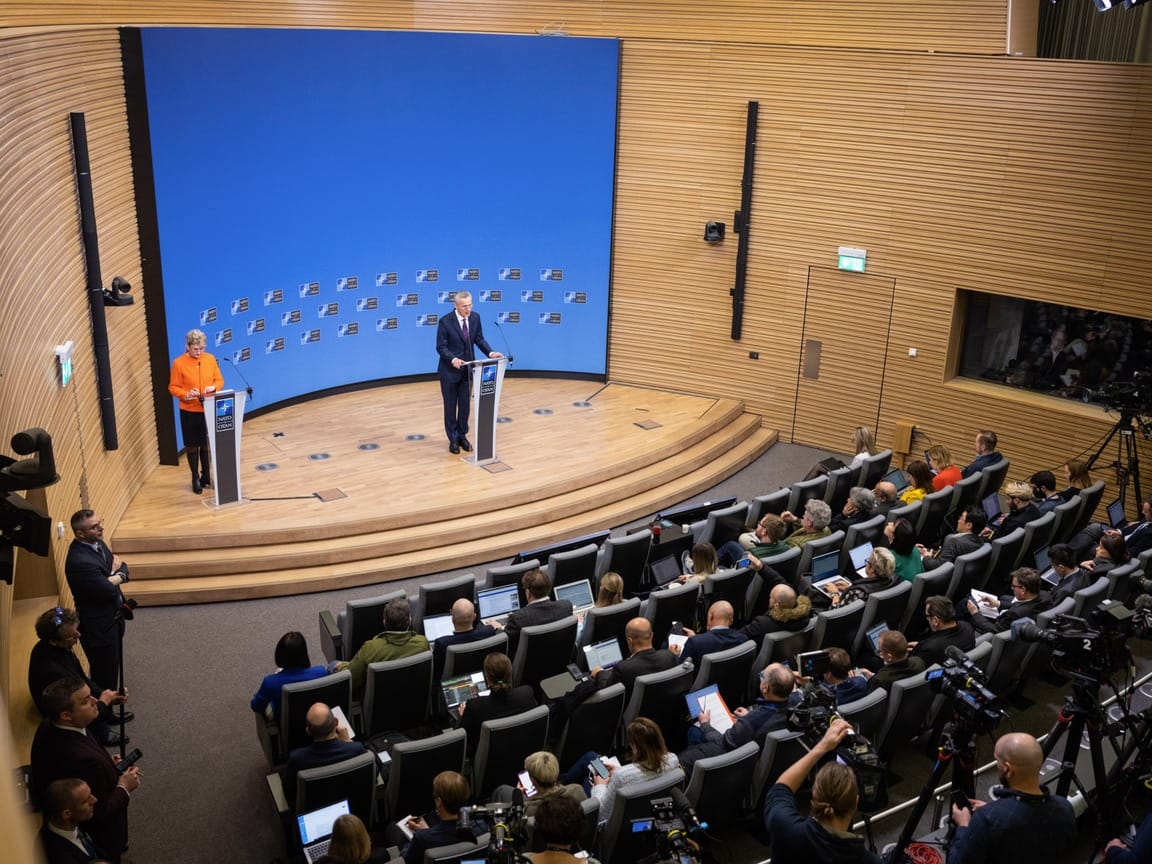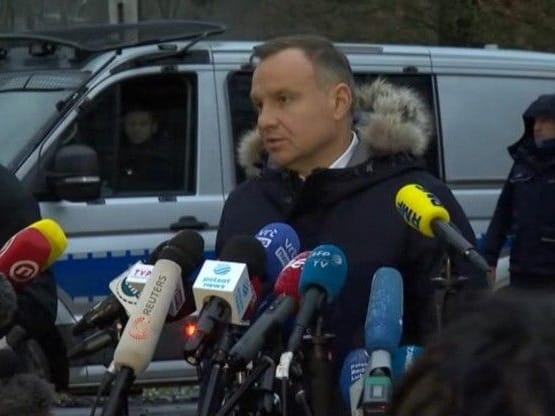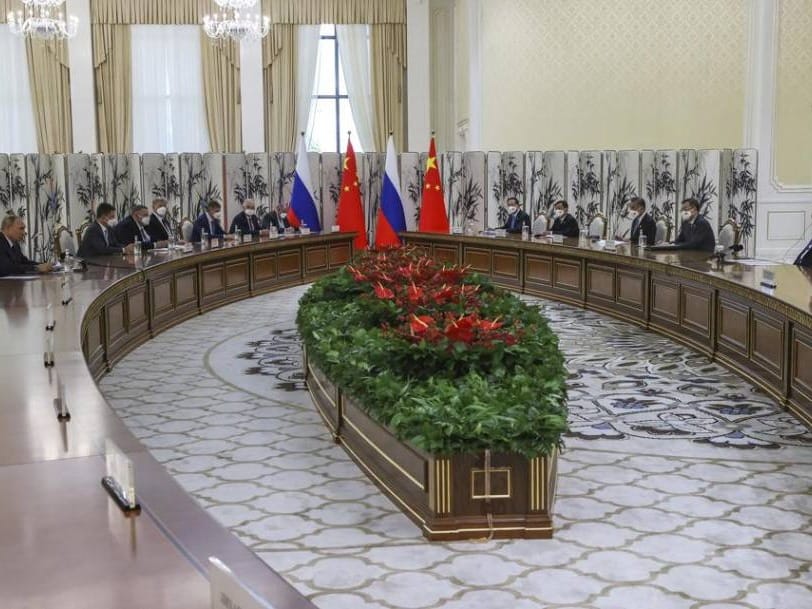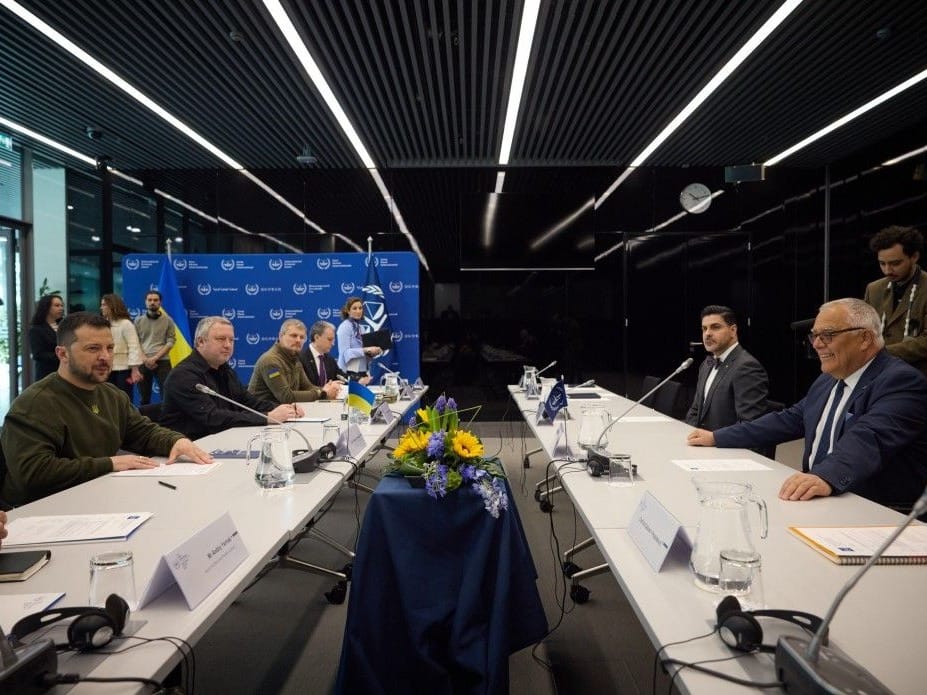
Ukraine's leader presses for war accountability at The Hague
Zelenskyy conveyed his confidence that Russia's leaders would someday face justice for war crimes.
The North Atlantic Treaty Organization, or NATO, started with 12 countries in 1949 and has since grown into a military alliance among Canada, the United States and 27 European nations. It requires members to commit to helping each other defend against any attack. NATO's initial purpose was to defend Western Europe from the Soviet Union during the Cold War.

Already have an account? Log in
Zelenskyy conveyed his confidence that Russia's leaders would someday face justice for war crimes.
A U.N. Security Council resolution calls on Afghanistan's de factor rulers to quickly restore the rights of women and girls.
Hundreds of accounts of world leaders and their institutions, plus 40 organizations and their leaders, were to be demoted.
The NATO chief emphasized the need to negotiate new arms control arrangements, despite broad geopolitical worries.
The addition more than doubles the length of 1,215 kilometers of borders that NATO member nations share with Russia.
Nuclear warheads available to nations for deployment reached 9,576 at the start of 2023, up from 9,440 a year earlier.
Mozambique hosted a talk on how the U.N. and regional organizations can curb terrorism and violent extremism.
Putin said Russia will not withdraw from the treaty but will no longer allow NATO countries to inspect its nuclear arsenal.
The agreement emerged from high-level political talks among 85 countries on the sidelines of an international summit.
The move reflects the Ukrainian president's request for vastly more heavy weaponry and ammunition to launch an expected spring counteroffensive against Russia.
The Turkish president threw cold water on NATO’s expansion after protests in the Swedish capital by an anti-Islam activist and pro-Kurdish groups.
Building on two previous joint declarations between the organizations signed in 2016 and 2018, leaders said they would strengthen cooperation on a broad range of issues.
NATO said its preliminary analysis suggests the incident was likely caused by a Ukrainian air defense missile, not by Russia.
Ukraine’s Foreign Minister Dmytro Kuleba appealed to the U.N. nuclear watchdog to debunk Moscow’s claims Kyvi plans to use so-called dirty bombs.
At the SCO summit, China called its partnership with Russia 'as stable as mountains' despite some questions and concerns.
Nuclear arsenals among nine nations are expected to grow over the next decade in a reversal of a post-Cold War decline, a Swedish think tank reports.
